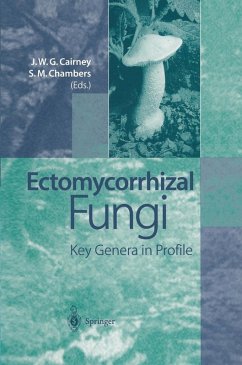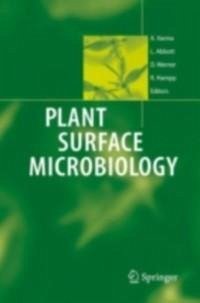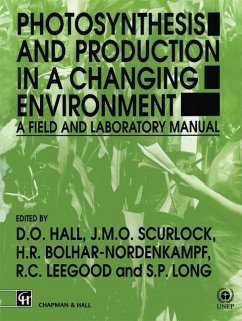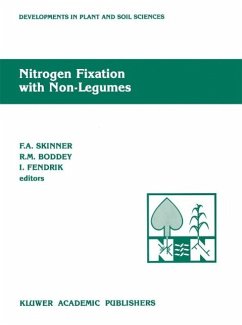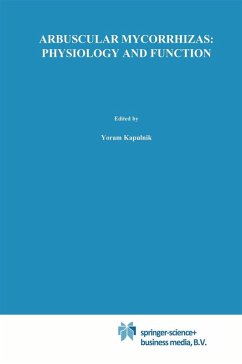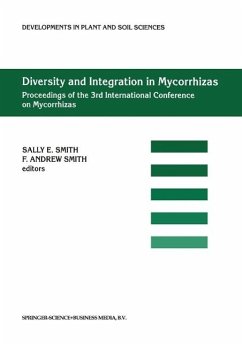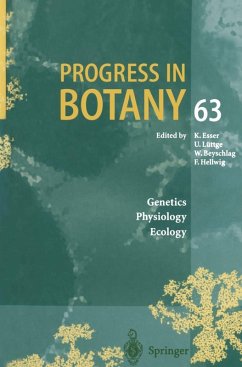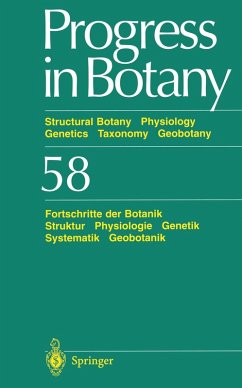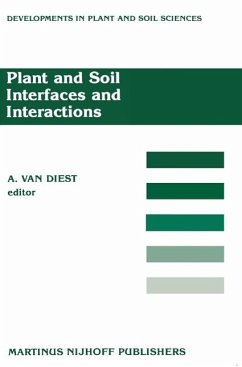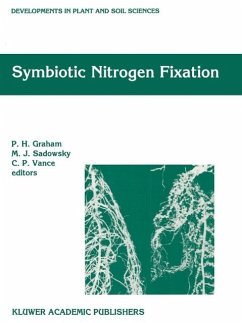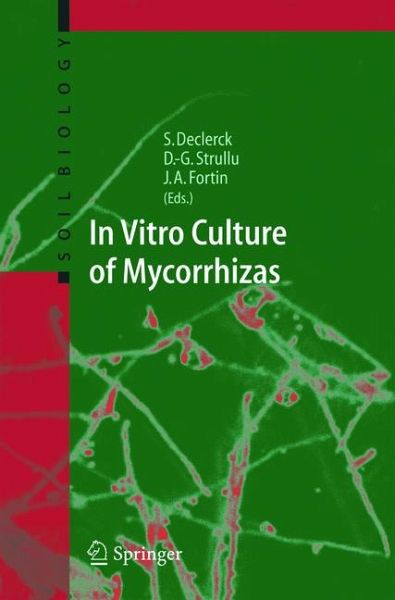
In Vitro Culture of Mycorrhizas (eBook, PDF)
Versandkostenfrei!
Sofort per Download lieferbar
232,95 €
inkl. MwSt.
Weitere Ausgaben:

PAYBACK Punkte
116 °P sammeln!
The ?rst 30 cm of the earth's surface represents a fragile and valuable ecos- tem, thanks to which terrestrial plants, and indirectly animals and humans, can live. The microbial activity occurring in soil is largely responsible for its physical and nutritional quality. Among the micro-organisms living in soil, the arbuscular mycorrhizal (AM) fungi play a major role. They are present in all types of soil, everywhere on the planet, living in symbiotic association with the roots of most plant species. They have co-evolved with plants for 400 million years, improving their nutrition and resistance...
The ?rst 30 cm of the earth's surface represents a fragile and valuable ecos- tem, thanks to which terrestrial plants, and indirectly animals and humans, can live. The microbial activity occurring in soil is largely responsible for its physical and nutritional quality. Among the micro-organisms living in soil, the arbuscular mycorrhizal (AM) fungi play a major role. They are present in all types of soil, everywhere on the planet, living in symbiotic association with the roots of most plant species. They have co-evolved with plants for 400 million years, improving their nutrition and resistance to v- ious types of stress. Present practices in conventional agriculture, which introduce great amounts of chemicals, have eliminated or underexploited the AM symbiosis. The rational exploitation of AM fungi in sustainable agriculture, to help minimize the use of chemical fertilizers and pesticides, has been hampered by several biological characteristics of these mic- organisms: they cannot be grown in the absence of a plant host and their genetic structure is very complex. Despite these limitations, biologists have made important progress in understanding better the functioning of AM fungi. An in vitro technique has been developed using mycorrhizal root organ cultures, which made it possible to investigate the genetics, cell biology and physiology of AM fungi. We can now be objective enough to critically evaluate the impacts the in vitro technique has had to improve our knowledge on mycorrhizal symbiosis.
Dieser Download kann aus rechtlichen Gründen nur mit Rechnungsadresse in A, B, BG, CY, CZ, D, DK, EW, E, FIN, F, GR, HR, H, IRL, I, LT, L, LR, M, NL, PL, P, R, S, SLO, SK ausgeliefert werden.




